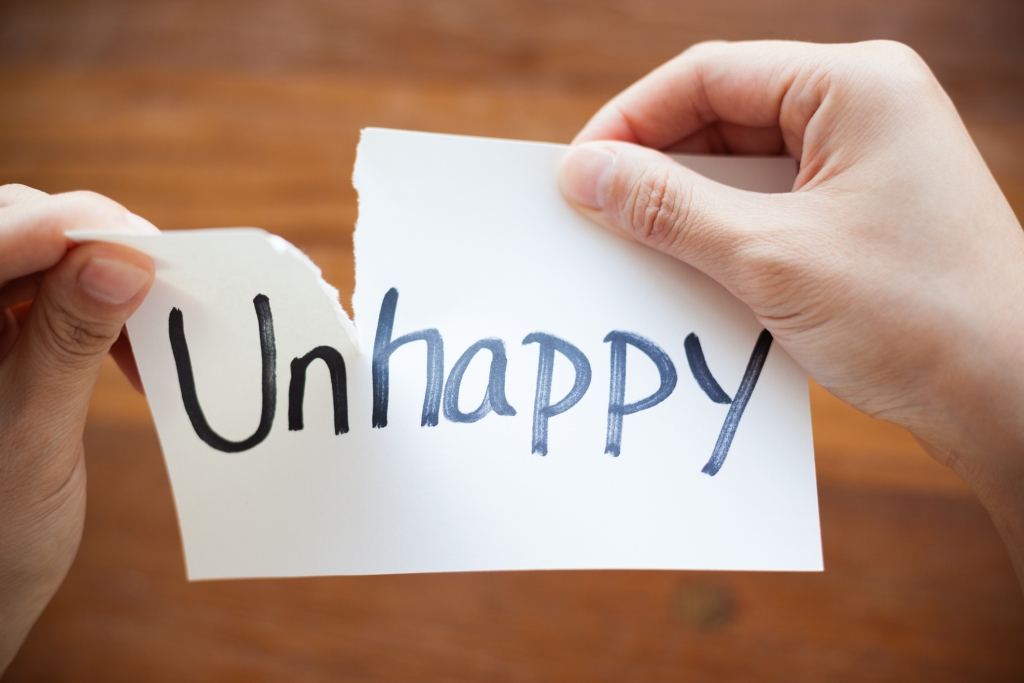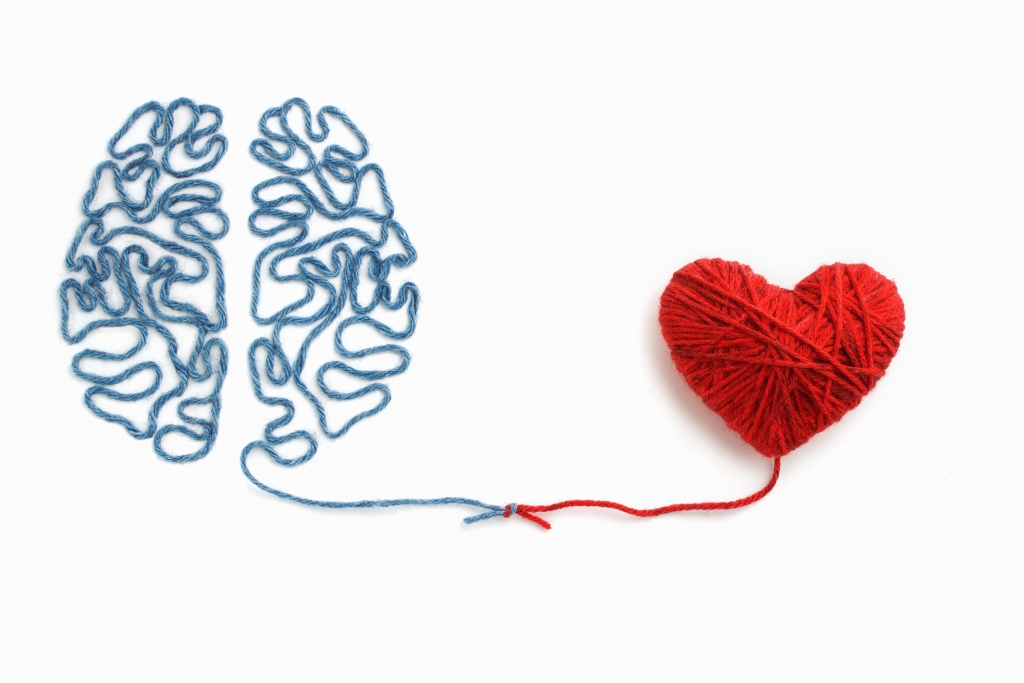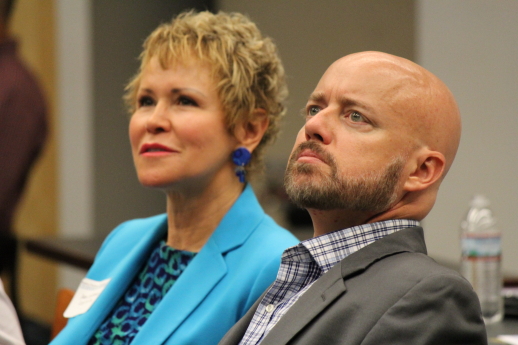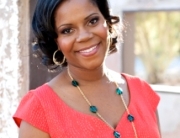I’ve noticed the things that overwhelm us during the holidays are really no different from what stresses us out the rest of the year. They’re actually amped-up versions of two life dilemmas we wrestle with any time of year:
“Person A, B, or C (or all of the above) is driving me crazy with their… Can you help me out?”
“I’m driving myself crazy with… Can you help me out?”
This stuff is seemingly straight-forward and simple. So why is it so hard? Because dilemmas like these require a different type of intelligence (actually two types) and neither of them is related to your I.Q. score:
- Emotional intelligence:
“I’m tired of being my own worst enemy. How can I better regulate my thinking, my emotions and/or my behavior?”
- Relationship Intelligence:
“How can I learn to read people and situations better so I can defuse conflicts and increase my social capital with people that matter to me?”
If You’re So Smart, Why Aren’t You Happy?
Emotional intelligence and relationship intelligence aren’t things you think your way into or will yourself to do. And yet, don’t we attribute whatever degree of success we’ve achieved in life to these very two things — smarts and drive?
Somehow the “hard skills” that work so well in our academic, technical or professional training tend to produce really lame results in other areas of life. It’s downright confounding when we keep running into walls or see our relationships crash and burn.
It’s laughable now as I remember saying to my first therapist, “I don’t understand why I’m here. I’m a smart person — I shouldn’t be having these problems.”
What Got You Here Won’t Get You There.
Actually, we shouldn’t be surprised that our emotional intelligence and relationship intelligence “scores” may end up in the lower percentiles. Unlike the emphasis placed on academics, becoming a subject matter expert, or the other credentials we need to be successful in our professions and careers, we’re given very little formal training on these essential-to-personal-wellbeing life skills such as how to manage ourselves and our relationships. “It’s like you’re trying to write a love note — or a dear john letter— with QuickBooks,” I like to explain. “I’m going to show you how to access a different software program.”
We primarily navigate life — how to manage ourselves and our interactions with the people around us — based on what worked for us early on. As a species, we’re really good at figuring out something, because our psychological (and maybe physical) survival depends on it. Think about it: We all start out life in a one-down position relative to those around us. Early on, we’re not the one calling the shots. On top of that, if your situation was “high-stress, low-nurture,” a maladaptive response may have worked quite nicely for you, especially if it worked well for those around you, too.
In other words, you made an intelligent adaptation to fit yourself into your original life situation. It worked, you survived, and your strategy was reinforced by those more powerful around you. Life is good. Well, maybe not good, but life goes on.
Is This As Good As It Gets?
Do you pay a price for out of necessity having to adopt a “less healthy“ adaptation strategy? Yes, it means cutting off and losing touch with parts of your essential yourself in order to fit into the shape or box that’s required by your situation.
Similar to how a coyote gnaws off a leg in a trap in order to survive, we figure out which emotions are not safe to feel or express in our original situations and cut them out. We figure out what impulses or behaviors have to be restrained or hidden and we disappear them. We figure out how to make ourselves say and do things we don’t mean or don’t like, or sometimes it’s easier to just lose touch with ourselves altogether and focus on everyone else’s needs.
Amazingly, the human species is so good at adapting and surviving that we can figure out these unspoken rules, prohibitions, and requirements without them ever being explicitly stated. If you don’t believe me, write down three unwritten or unspoken rules in your family of origin, current social group, or organization. Would you be able to operate effectively without this vital information? Do you notice that some of these unwritten or unspoken rules are actually in contradiction to the stated mission or code of conduct?
Not all of this is bad, by the way. Without this process, we wouldn’t be able to live together in a civilization. The problem is getting stuck there, living a much smaller version of yourself in a much smaller life than you originally imagined.
So how do we get stuck at using just ten percent of our brainpower and limit our ability to keep making intelligent adaptations as life goes on? Why is it so hard to shift gears when we encounter people and situations that require a different skillset from the one in which we’ve now fossilized ourselves?

Don’t Underestimate the Power of the Primitive Brain.
We greatly underestimate how firmly encoded into our primitive brains are these primary, original ways of operating. These once-adaptive behaviors become ironclad limitations embedded in our very identity, our sense of who we are. When someone is sitting in front of me saying “I can’t do that — It’s just not me” or “That’s just how I am,” it’s not the time to throw prefrontal cortex stuff at them. I have to start with ways that appeal to the reptilian brain.
We call it the primitive or reptilian brain, or even the lower brain, like it’s inferior or something to fear, but I’ve come to appreciate the power of the primitive brain to unlock our emotional intelligence. It’s hard to read other people and situations without the instinctual and intuitive smarts of the primitive brain. It’s hard to manage your emotions intelligently when you’re not in touch with them. And as we learn to offer comfort and calm to the primitive brain, it allows the prefrontal cortex to kick in and suddenly we get a lot smarter, on all levels. We’re now better equipped to find our way through previously unsolvable problems and dilemmas.
As the year draws to a close, it’s a time we give thanks and celebrate. It’s also a time we naturally take a look at our frustrations with ourselves and our disappointments in our relationships. The good news is that it’s possible to get a whole lot smarter in lots of ways — including ways that make us happier in the process. That includes safely and successfully reclaiming parts of ourselves that we lost along the way so we can become more of who we are.
Dr. Jan Anderson, PsyD, LPCC


























